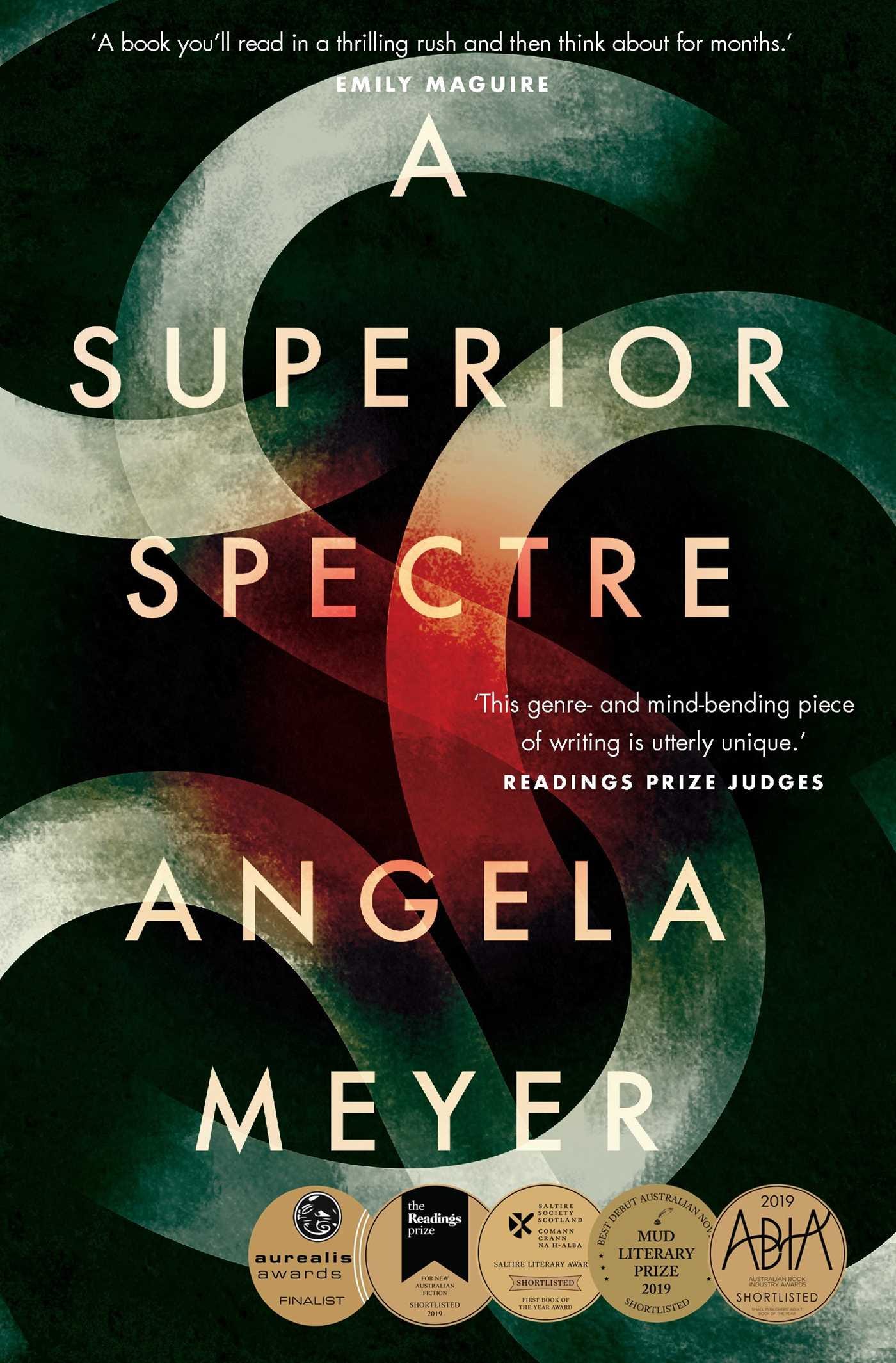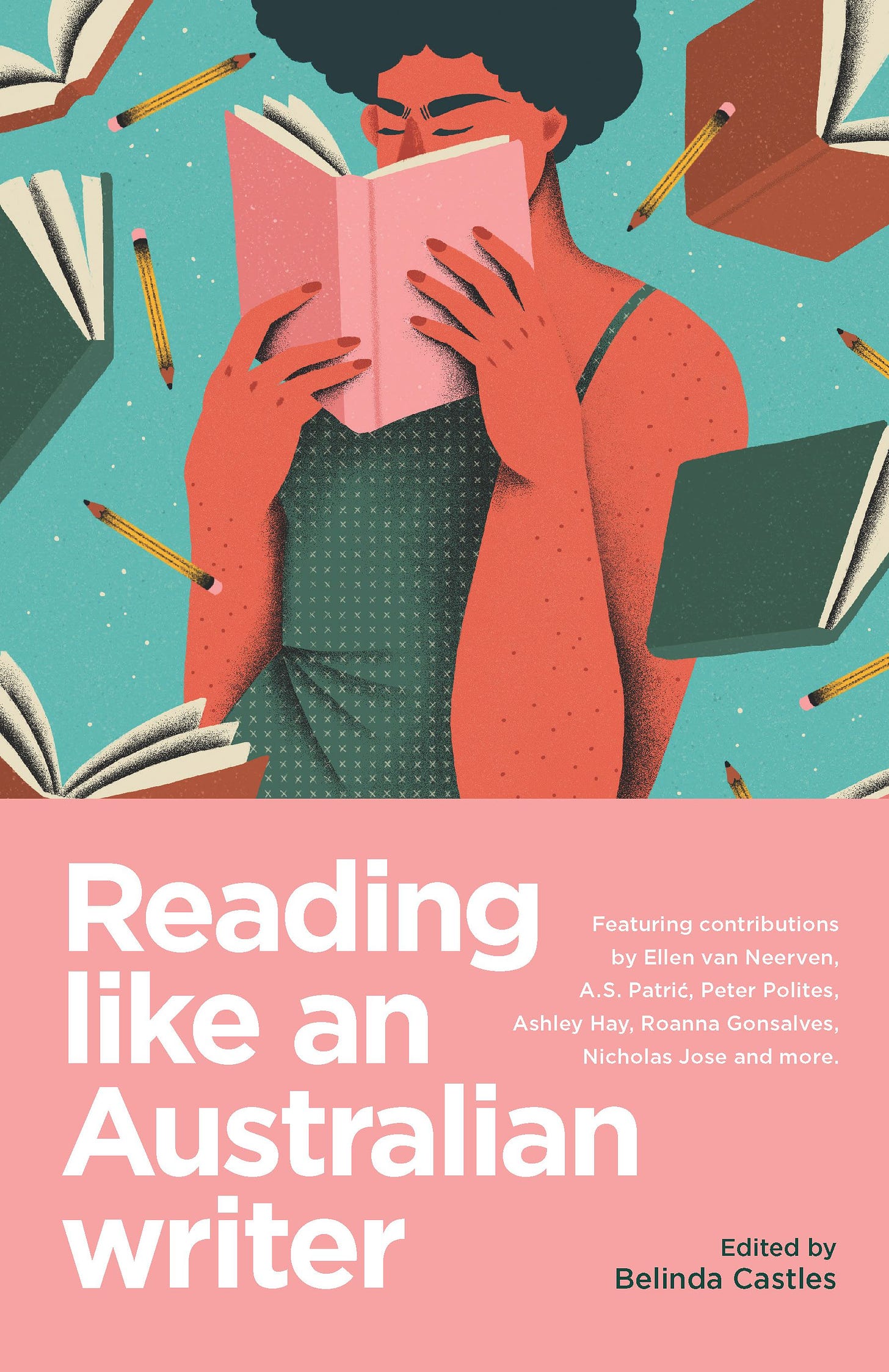Photo by Aleksandar Pasaric from Pexels
Your first attempt at writing a novel will be just that: an attempt.
Well, more than likely…
Most published authors I know have several manuscripts languishing on hard drives or getting dusty in a drawer. Manuscripts they spent years on.
I wrote three full manuscripts before A Superior Spectre. The first – as is often the case – was very autobiographical. The second was set in the ’70s in Wollongong, where my parents grew up. I worked hard on it – did lots of interviews and research, came up with an odd but interesting POV for the story – but I wasn’t a very good writer yet. Still, some kind publishers gave it a look! And they still spoke to me afterwards…
The third one I wrote as part of my Doctor of Creative Arts. It was dystopian, set in an Institution for Exaggerated Personalities (the concept being that the populace was medicated to be complacent but, due to continuing social issues, the powerful created institutions to retrain people in ‘functionality’). It was kinda angsty and sexy as well as dystopian and the three rejections I got were kind. One called it ‘Girl, Interrupted meets Nineteen Eighty-Four’. After those three rejections, however, I withdrew it. Why? Because I had the idea for A Superior Spectre and I thought it was, well, a superior idea…
And so another four years went by before I published my debut novel.
I know some terrific writers who have one, four, even seven manuscripts in their drawer.
But… why? Does it really take that long to write ‘the one’?
Not for everyone, of course. I know a few geniuses (good for them) who nailed it on the first go (but usually not without a bunch of study or apprenticeship, i.e. short stories). But a novel is a difficult, unwieldy, enormous piece of work. When you’re starting out, you don’t realise how much goes into the structure of the work. You string sentences together that sound pretty and create characters you like and get all your feelings out onto the page. Or, you might create something that you don’t even realise is an imitation of all the books you’ve read, or that you think sell well, and it can be riddled with inconsistencies of tone and often a bunch of cliches. It can take a while to find your own unique voice. And it can take a while to find the way to express that voice in an artful and impactful way. To write something that not only hangs together but will be compelling to others.
Some writers strongly resist this idea – truly don’t want to hear it. Mainly because of the years they’ve already put into their current work. But honestly one of the best pieces of advice I received early on was to abandon a manuscript (that was the second one). It hurt at the time, even though it was delivered gently. But it was absolutely the right advice.
Photo by Steve Johnson from Pexels
I have no regrets about A Superior Spectre being my first novel. Starting out as a published author with an ambitious cross-genre weirdo means I can kind of go anywhere from here. People loved it. People hated it. I made them feel something! I pushed myself out of my comfort zone to write it, and it was completely my own. It was something true.
If you can’t get your current manuscript right; if it’s not coming together; if you’re sending it out and getting no response, despite having worked on it and worked on it and given it your blood; if there’s a better idea glimmering in your mind – do think about putting that manuscript down for a while.
You may never pick it back up.
But you will have learned so much that will make the next one stronger!
My latest publication is an essay on MJ Hyland’s use of tension, in the book Reading Like an Australian Writer, edited by Belinda Castles. I highly recommend this book! It’s an anthology of writers examining the techniques, storytelling ways, and sometimes strange magic of other writers via a range of styles: personal, responsive, academic, analytical. It’s aimed at emerging writers, writing students, but also fans of Australian literature and reading in general. It’s an anthology of deep reading, admiration and celebration.
Opportunity of the month
The Melbourne Prize for Literature has multiple categories and significant cash prizes.
If you’re a poet, the Newcastle Poetry Prize is one of the richest in Australia.
~
Take care, stay safe, and get in touch if I can help with anything,
Angela
Books | Services | Online courses | Insta | Twitter | Facebook




